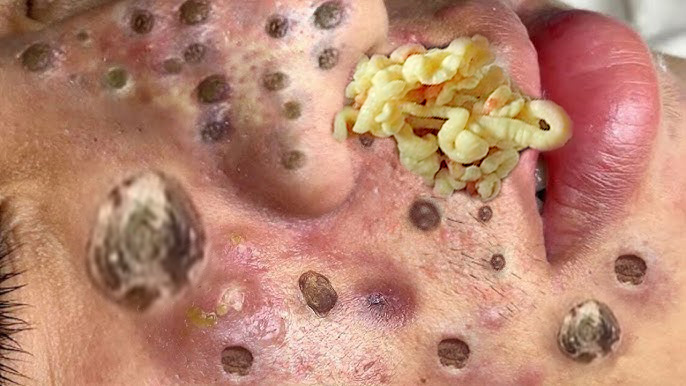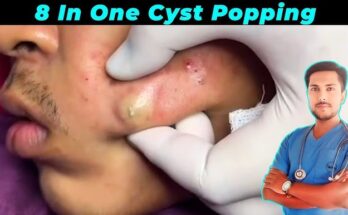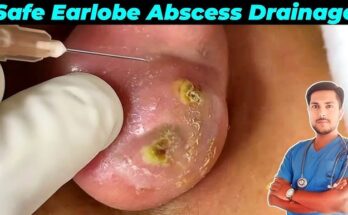Acne is a common skin condition that affects millions of people worldwide. Whether it’s occasional breakouts or chronic acne, it can significantly impact a person’s confidence and overall skin health. Thankfully, there are several effective anti-acne solutions available that can help manage and reduce outbreaks, restoring your skin’s natural glow. In this article, we explore various methods to combat acne, from skincare routines to lifestyle changes, ensuring you find the best solution for clear, healthy skin.
1. Understanding Acne and Its Causes
Acne develops when hair follicles on the skin become clogged with excess oil, dead skin cells, or bacteria. The most common types of acne are blackheads, whiteheads, pimples, cysts, and nodules. While hormonal changes, genetics, and stress can contribute to acne, certain environmental factors and lifestyle habits may also worsen the condition. Recognizing these triggers is the first step toward managing acne effectively.
2. Skincare Products for Acne
Choosing the right skincare products is essential to keep acne under control. Look for products that contain active ingredients like salicylic acid, benzoyl peroxide, or tea tree oil. These ingredients are known for their ability to unclog pores, reduce inflammation, and kill acne-causing bacteria. A gentle cleanser that suits your skin type is also crucial, as harsh soaps can strip the skin of natural oils, worsening the problem.
3. Topical Treatments and Spot Treatments
For more targeted solutions, topical treatments such as retinoids can be effective in treating acne. These treatments work by increasing cell turnover, preventing pores from becoming clogged. Spot treatments with benzoyl peroxide or sulfur can also help reduce the size and redness of individual pimples. Always follow the instructions carefully, as overuse can lead to irritation or dryness.
4. The Importance of a Healthy Diet
While there’s no direct link between food and acne, a well-balanced diet can play a role in supporting clear skin. Focus on consuming a variety of fruits, vegetables, whole grains, and lean proteins to provide your skin with the necessary nutrients. Limiting dairy and processed foods, which are often associated with acne flare-ups, may also help some individuals.
5. Lifestyle Changes for Acne Prevention
Along with a solid skincare routine, lifestyle changes can significantly reduce acne. Ensure you get enough sleep, as inadequate rest can increase stress hormones that trigger acne. Regular exercise improves circulation and helps reduce stress, both of which can have a positive effect on your skin. Avoid touching your face throughout the day to prevent the transfer of oils and bacteria that can clog pores.
Conclusion
While acne can be challenging to manage, understanding its causes and implementing a consistent skincare routine can make a significant difference. By incorporating effective treatments, maintaining a healthy diet, and making lifestyle adjustments, you can achieve clear, healthy skin. Stay patient and consistent, and remember that results take time.
https://www.youtube.com/watch?v=Qv-2O3G2QVg



